National Postdoc Conference 2023 – Speakers

Dr Jess Wade
Dr Jess Wade is an Imperial College Research Fellow investigating spin selective charge transport through chiral systems in the Department of Materials. Broadly speaking, her research considers new materials for optoelectronic devices, with a focus on chiral organic semiconductors. She currently works in SPIN-Lab at Imperial, which is led by Professor Sandrine Heutz.
Outside of the lab, Jess is involved with several science communication and outreach initiatives. She is committed to improving diversity in science, both online and offline, and since the start of 2018 has written the Wikipedia biographies of women and people of colour scientists every single day.
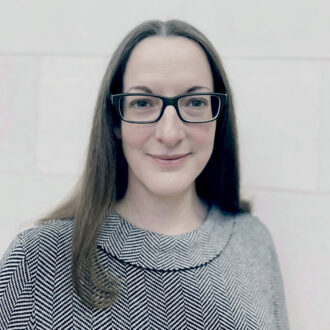
Dr Lucy Bradnock
Dr Lucy Bradnock is Reader in Modern And Contemporary Art History and Vice-Dean for Research at The Courtauld Institute of Art, and is Editor of the journal Art History. She was previously Associate Professor and Researcher Academy Faculty Lead at the University of Nottingham, in which role she oversaw postgraduate researcher development for the Faculty of Arts. Lucy’s expertise lies in American art, art criticism, and curating from 1950 to the present day, with a particular interest in cultural regionalism and narratives of the American west; performance, protest, and participatory art; and the role of ecological and ecocritical methods in U.S. art history.
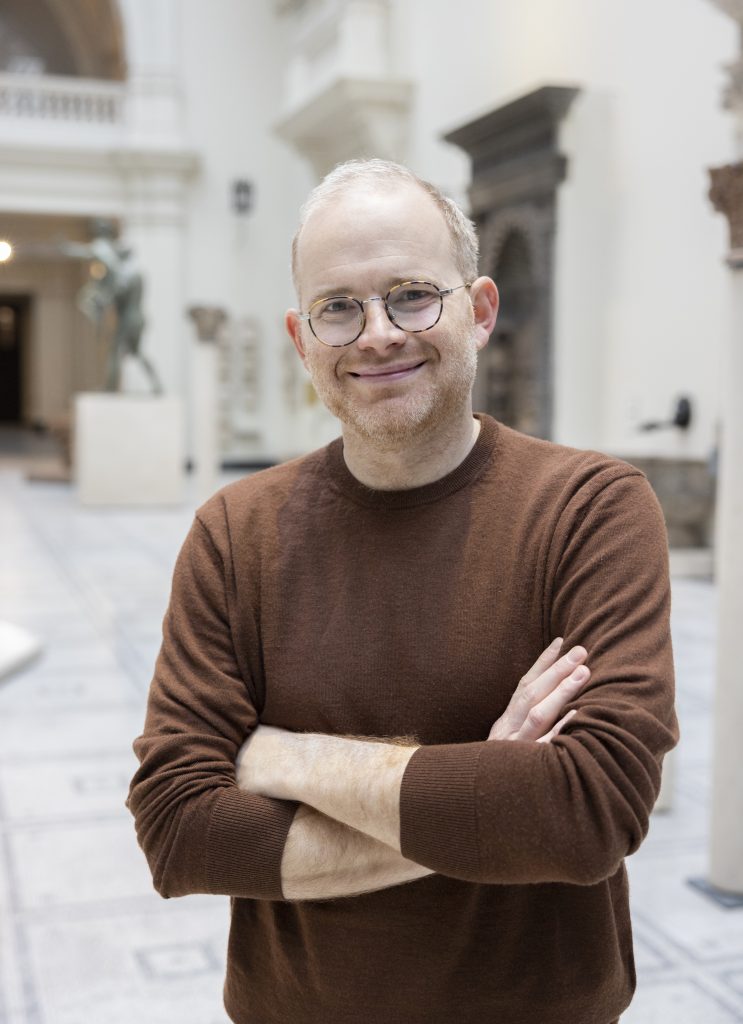
Dr Oliver Cox
Dr Oliver Cox is Head of Academic Partnerships at the V&A, where he is responsible for building a global network of higher education partners to enable the V&A to deliver its mission to enrich people’s lives by promoting research, knowledge and enjoyment of the designed world to the widest possible audience.
He also holds a British Academy Innovation Fellowship through to June 2024, which will enable closer collaboration between the V&A and the National Trust.
Olly is a historian by training, and received his undergraduate, masters and doctoral degrees from the University of Oxford. His recent publications include contributions to The Country House: Past, Present and Future, Sport and Leisure in the Irish and British Country House, along with journal articles exploring the politics of horseracing in eighteenth-century Britain, the importance of Jewish histories to country house studies, and the challenges of interpreting eighteenth-century spaces for twenty-first century visitors. He also writes regularly for Apollo.
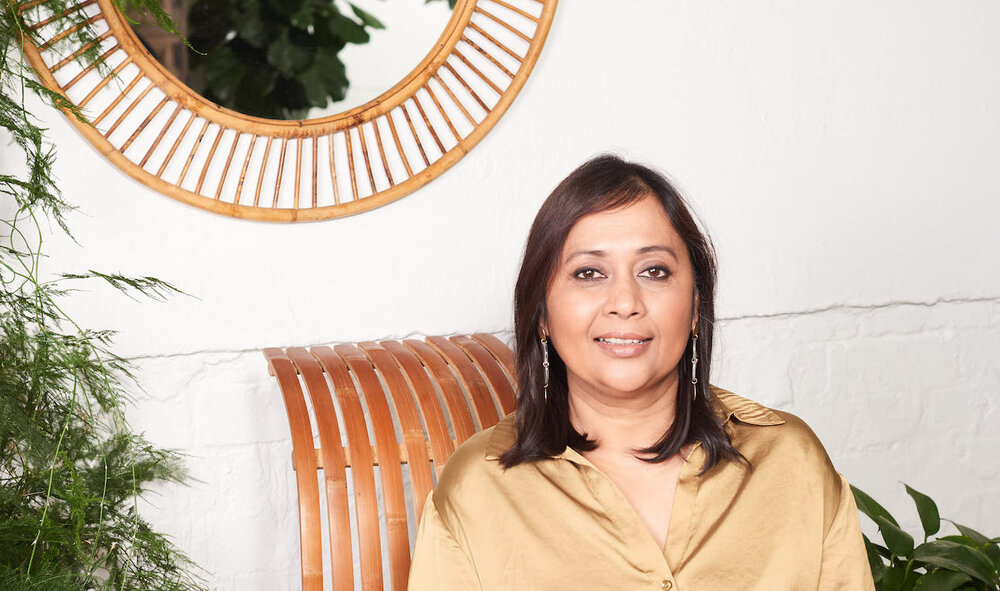
Professor Pragya Agarwal
Professor Pragya Agarwal is a behavioural and data scientist, visiting professor of social inequities at Loughborough University, and author of a number of widely acclaimed non-fiction books on gender and racial inequities including Sway: Unravelling Unconscious Bias, Wish We Knew What To Say: Talking with children about race and (M)otherhood: On the choices of being a woman. Her most recent book is Hysterical: Exploding the myth of gendered emotions which is one of the best books of 2022 by Telegraph, Waterstones, and ipaper.
She has been invited to speak at the United Nations, Sydney Opera House, Royal Society, British Museum, and Museum of Science in Boston, amongst others, and her writing also appears regularly in The Guardian, Independent, Scientific American, and New Scientist. She has a Fulbright Scholar award and a British Library fellowship for 2023-24 to work on her next book.
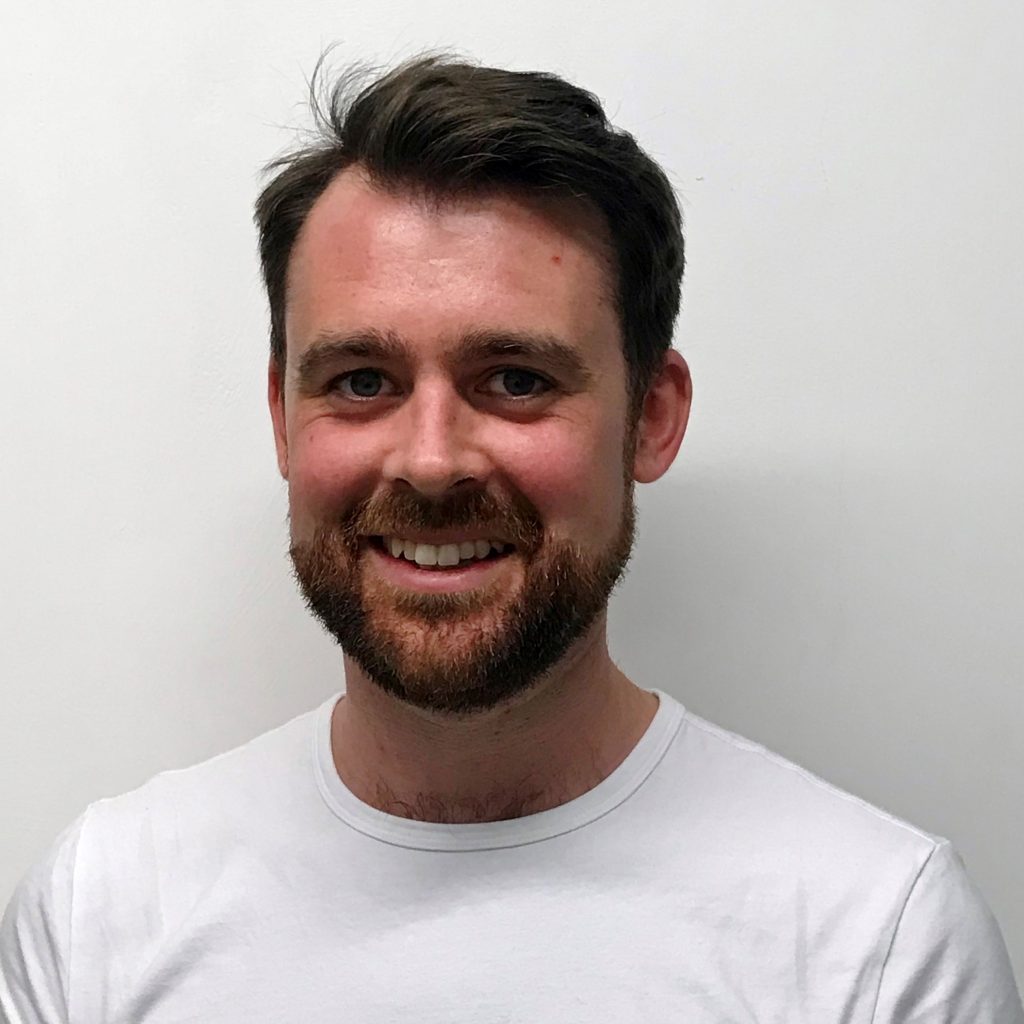
Dr Robert Drake
Robert Drake is a Medical Foundation Research Fellow studying the regulation of pain perception and behaviours by the frontal cortex. His fellowship work aims to identify mechanisms of frontal cortical dysfunction common to pain and stress, determine the effects on sensory and emotional disturbance in chronic disease and contrast these between male and female animals. He has established his research group at the University of Bristol where he uses a combination of techniques to monitor and manipulate neuronal activity in vivo to characterise injury induced changes in cortical – subcortical communication and reveal their causal effects on pain-state development.
Robert works closely with patients, clinical colleagues, and industrial partners to identify patient needs, refine experimental approaches, and improve the translation of research into social benefit. In 2021 he received the Daniel Turnberg Travel Fellowship to support work at the Weizmann Institute of Science, Israel and the BBSRC Flexible Talent Mobility Award to support industrial collaboration with a pharmaceutical company in Boston, USA. Outside of his research, Robert works to improve academic research culture and careers opportunities for early career researchers. In 2020-23, Robert co-chaired the University of Bristol’s Researcher Representative Committee and contributed to policy development for the implementation of the Concordat for the Development of Researchers and teaching policy for research staff. In 2022, Robert helped establish Postdoc Futures, a UK postdoc collective that engages with key stakeholders to improve the working environment and careers opportunities for UK researchers.
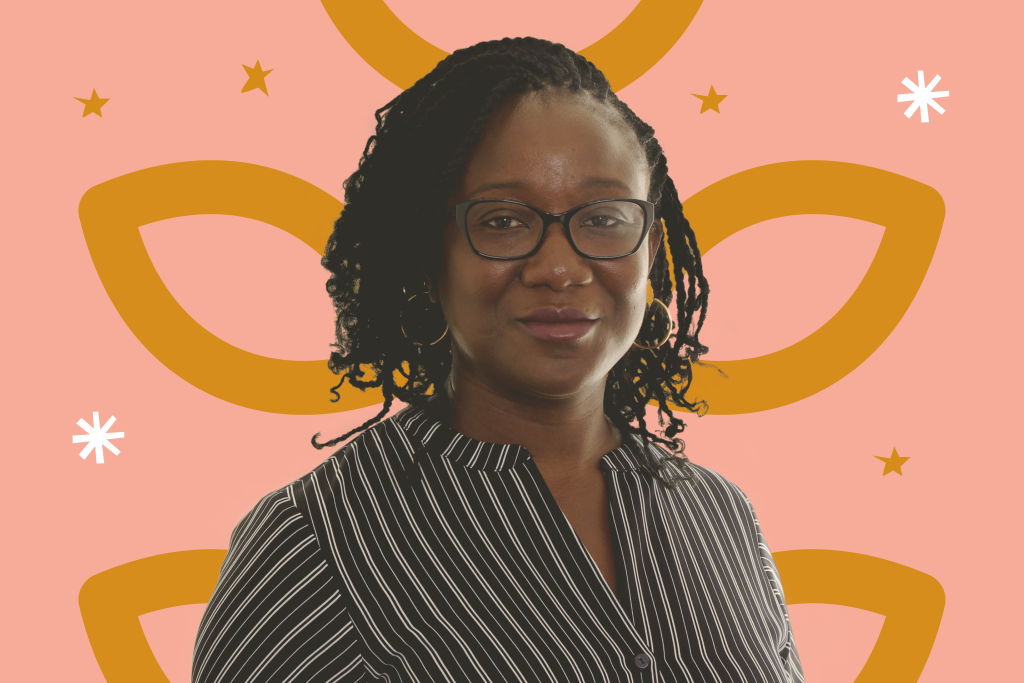
Dr Anatu Mahama
Anatu is the director and editor-in-chief of The Academic Woman, a dedicated magazine that shines a spotlight and celebrates the achievements of women working in higher education. She has held interviews with women working in higher education across all levels and has published their stories with the aim of inspiring and mentoring the future generation of women. Anatu is also a lecturer in Business Management at Anglia Ruskin University (ARU) Peterborough campus, with expertise in Marketing and Communication in the digital world, Entrepreneurship, International Business and Business Law.